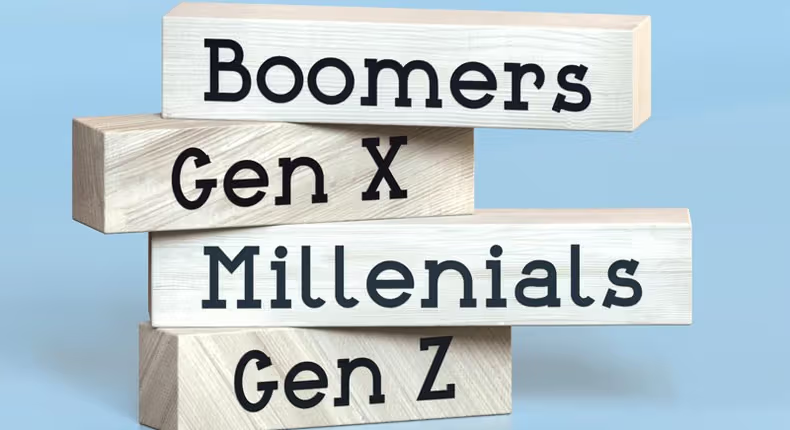From Baby Boomers to Gen Z, generational labels help define groups of people born within specific timeframes, each acquiring a unique identity shaped by shared experiences, cultural trends, and societal changes.
What is a Generation?
A “generation” typically refers to a group of people born around the same time, usually within a 15-20 year span. Members of a generation often share similar experiences and values influenced by the significant events and changes that occur while they grow up. For example, those raised during the internet’s rise may have different worldviews than those born before its existence.
The Baby Boomers (1946-1964)
The term “Baby Boomers” stems from the post-World War II “baby boom.” Upon soldiers’ return, many families began having more children, resulting in a substantial population increase. This generation played a crucial role in shaping culture and society, particularly during the 1960s and 1970s, participating in movements like civil rights, feminism, and environmentalism.
Generation X (1965-1980)
Generation X, or “Gen X,” follows the Baby Boomers. The “X” symbolizes an undefined or unknown factor, reflecting this generation’s resistance to being categorized. Growing up amid significant change, Gen X experienced the rise of computers, cable TV, and the internet, making them independent, skeptical of authority, and adaptable to societal shifts.
Millennials (1981-1996)
The term “Millennials” emerged as this generation came of age around the year 2000, the new millennium. Initially referred to as “Generation Y,” the “Millennials” label stuck, emphasizing their experiences during the digital revolution. This generation is tech-savvy, socially conscious, and values experiences over material possessions, having grown up with technology and social media.
Generation Z (1997-2012)
Gen Z is the first generation born into a fully digital world. Growing up with smartphones and social media, they are characterized as highly connected, open-minded, and quick to adapt to trends. They are also more aware of global issues, such as climate change, mental health, and equality, reflecting their access to a vast array of information from an early age.
What Comes Next? Generation Alpha (2013-present)
Following Gen Z is “Generation Alpha.” The name signifies a new beginning, akin to the first letter of the Greek alphabet. This generation is being raised in an increasingly digital environment, marked by smart devices, artificial intelligence, and a strong emphasis on sustainability and social change.
These generational labels not only help us understand the unique identity and experiences of each group but also reflect the evolution of society over time.

